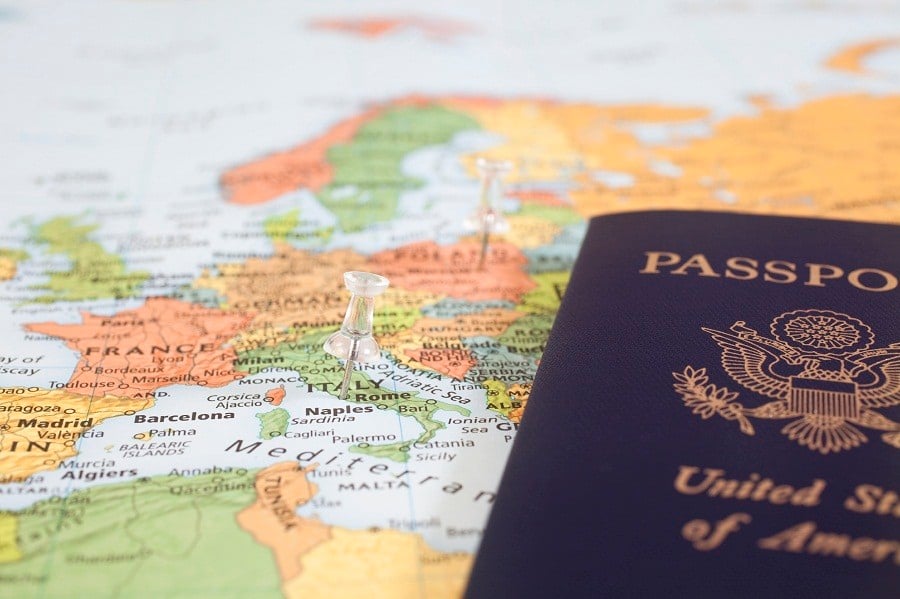If you're a financial adviser, you probably get occasional questions about your investment recommendations. And if you've put 15% to 20% or more of your client's assets in international funds, many of those questions may have been more pointed than you would like, now that global markets have swooned over the United Kingdom's decision to leave the European Union.
The fact that the average large-company foreign blend fund has gained 2.23% a year the past five years, vs. 10.58% for its domestic counterpart, might also be a sore point.
Here's what a client might ask — and what you might consider answering.
Client: What have I done to deserve this? You added a 20% stake in international funds to my portfolio, and all it's done is slash my performance. All my friends are laughing and pointing at me, especially since the Brexit caused the entire world's stock markets to plunge.
Adviser: Stock markets always react badly to unexpected news. This will pass. But you've diversified your holdings internationally. By investing abroad, you've increased the number of potentially winning stocks. After all, about 75% of all publicly traded stocks are based outside the U.S.
Client: True, but about 46% % of U.S. corporate earnings come from overseas, according to Standard & Poor's. That seems like enough for me.
Adviser: Yes, but it's a great big world, and there are plenty of opportunities abroad that you might miss by staying in the U.S. In the words of Dr. Brad Klontz, partner at Occidental Asset Management, "Americans are grossly under diversified due to a combination of a bias toward overvaluing investments close to home, devaluing those far from home, and xenophobia."
Client: Who are you calling xenophobic?
Adviser: Um, no one. But the amount of foreign earnings at U.S. companies only underscores the importance of international investing. What's more important is that adding international stocks can dampen your portfolio's volatility.
Client: You're telling me that adding Europe and China to my portfolio will make my portfolio less volatile? I've spent three weeks wondering if
Britain will leave the European Union. And it did! Japan's been in recession since I started high school. And I get hives every time
China releases its GDP. And if you want to get all technical about it, the Vanguard Total International Stock Index fund (VGTSX) has a five-year standard deviation of 15.37, vs. 12.16 for the Vanguard 500 Index fund (VFINX).
Adviser: Well, it's true that international markets have been
volatile recently, but from 1950 through 2014, a globally balanced fund has returned slightly more than the Standard and Poor's 500 stock index, according to Fidelity Investments.
Client: Since 1950? Half the countries back then don't exist anymore. Are you telling me that investing in Yugoslavia would have helped my portfolio?
Adviser: No. But political volatility and currency fluctuations are part of what makes international investing helpful in dampening volatility. Some countries' markets rise when others' fall. Over time, they even out some of the big downturns.
Client: Remind me again how that helped me in 2008. Or Friday, for that matter.
Adviser: Look, international investing is just one part of diversification, which includes adding bonds, cash and even commodities to a portfolio. While international stocks have been more closely correlated to the U.S. market recently, that may not always be the case. Every dog has its day.
Client: What, once every quarter-century?
Adviser: Diversification always seems most fruitless when one asset class — in this case, large-company U.S. stocks — are strongly outperforming all others. The last time clients felt so strongly about the S&P 500 was from 1997-1999 when the blue-chip index gained an average 27.6% a year. The following decade, the S&P 500 lost 1% a year, according to Steve Janachowski, a financial planner with Brouwer & Janachowski in Tiburon, Calif.
Mr. Janachowski looked at how the S&P 500 performed from 1997 to now, vs. a diversified portfolio that included bonds, real estate, international stocks and other asset classes. “In the first three years, the S&P 500 clearly left the other portfolio in the dust,” he said. By 2002, however, the S&P 500 had given back much of its gains. A $1 million investment in the S&P 500 would have become $4.7 million by this year, while a diversified portfolio would have become about $5.4 million, he said.
Client: So you're saying I'll be thanking you a decade after the next market crash?
Adviser: Look, it's been a long, miserable slog in international investing. I get that. You've taken on currency risk and political risk and gotten sub-par returns, and correlations between U.S. and foreign markets have increased. But look at it this way. If you you believe that markets eventually revert to the mean, then it's probably time for international markets to do so. "If you believe in buying when no one else wants to buy, then this might be the time to nibble at international," said Sam Stovall, managing director for S&P Global Intelligence.







